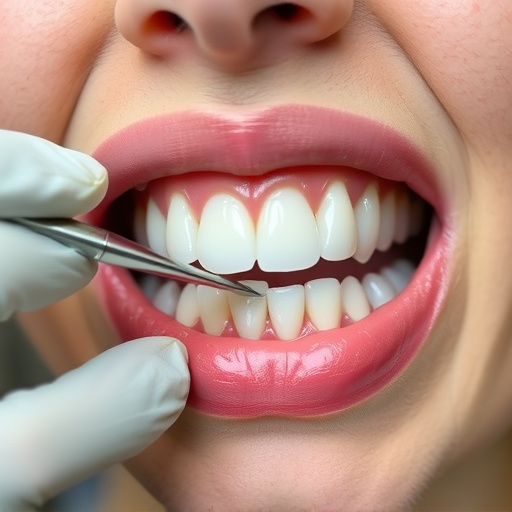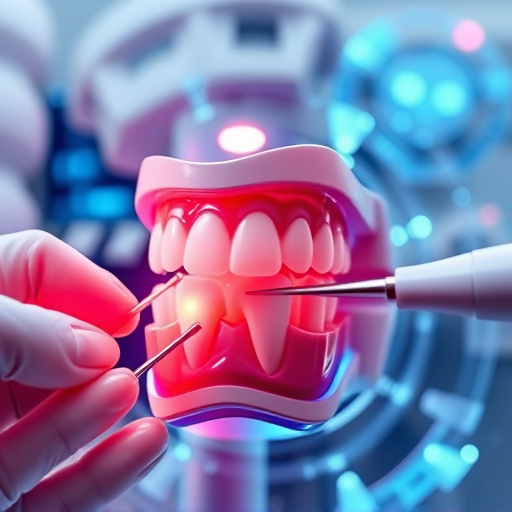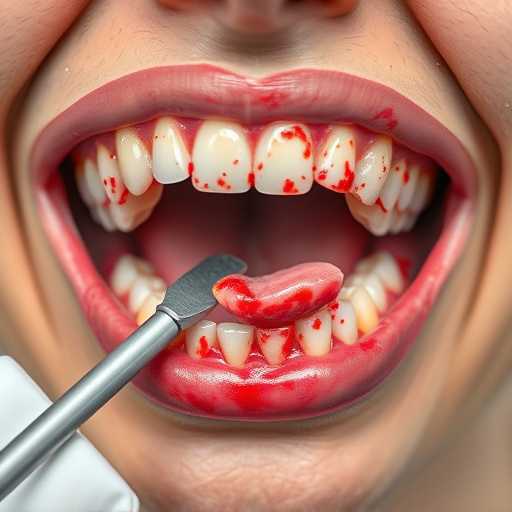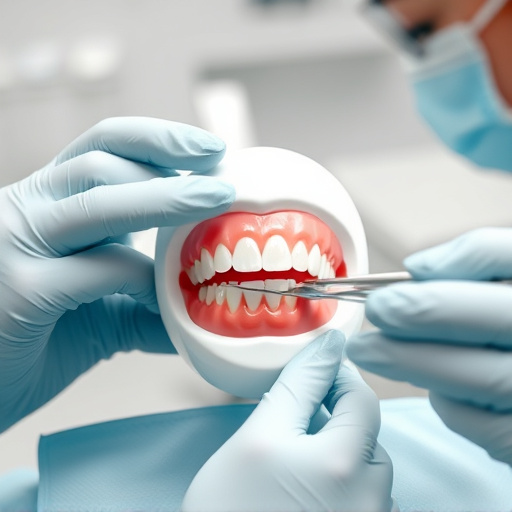Post-surgical infections after dental procedures range from mild to severe, requiring prompt antibiotic therapy treatment. This treatment is crucial for managing inflammation, pain, and tissue damage, ensuring faster healing and reducing need for further interventions. Effective therapy involves identifying causative organisms, understanding resistance patterns, and selecting suitable antibiotics based on patient health and procedure types. Healthcare providers must consider the causative organism's antimicrobial susceptibility and personalize dosing regimens to mitigate resistance development through adherence to prescribed courses of antibiotics.
Post-surgical infections are a common complication, impacting patient recovery and healthcare costs. This article delves into the significance of early intervention with antibiotic therapy treatment as a powerful tool in managing these infections. We explore the mechanisms behind post-operative complications and how strategic antibiotic use can prevent and mitigate their impact. By understanding the role of antibiotics and implementing effective treatment strategies, healthcare providers can optimize patient outcomes and reduce infection-related morbidity.
- Understanding Post-Surgical Infections and Their Impact
- The Role of Antibiotic Therapy in Infection Management
- Effective Strategies for Optimizing Antibiotic Treatment
Understanding Post-Surgical Infections and Their Impact

Post-surgical infections are a common yet serious complication that can occur after various dental and surgical procedures. They arise when bacteria or other microorganisms enter the wound site, leading to inflammation, pain, and potential tissue damage. These infections can range from mild to severe, with symptoms such as redness, swelling, warmth, and discharge at the surgical site. In the context of tooth extractions, emergency dental care, and general dentistry practices, understanding the risks and implementing effective preventive measures are crucial.
Antibiotic therapy treatment plays a pivotal role in managing post-surgical infections. Prophylactic antibiotics, administered before or after certain procedures, can help eradicate potential pathogens, thereby reducing the likelihood of infection. This is especially important for high-risk patients with compromised immune systems or chronic conditions. By integrating proper antibiotic regimens into dental and surgical care, healthcare providers can ensure better patient outcomes, faster healing, and reduced need for further interventions in both general dentistry and emergency dental care settings.
The Role of Antibiotic Therapy in Infection Management

Antibiotic therapy treatment plays a pivotal role in managing post-surgical infections, ensuring optimal patient recovery. It involves the strategic administration of antibiotics to combat bacterial infections that may arise after surgical procedures. By targeting specific bacteria, these therapies help prevent the development of more severe infections and reduce the risk of complications. This is particularly crucial in cosmetic dentistry, where procedures like dental crowns and cosmetic fillings expose patients to potential infection risks.
Effective antibiotic therapy treatment relies on several factors, including identifying the causative organisms, understanding their resistance patterns, and selecting appropriate antibiotics. Dentists and medical professionals must consider the patient’s overall health, surgical site characteristics, and the type of procedure performed to tailor the therapy accordingly. Prompt initiation of such treatments can significantly enhance positive post-operative outcomes, ensuring patients receive comprehensive care.
Effective Strategies for Optimizing Antibiotic Treatment

Effective antibiotic therapy treatment is paramount in managing post-surgical infections, especially in sensitive areas like children’s dentistry. Optimizing this process involves several strategic considerations. Firstly, understanding the causative organism and its antimicrobial susceptibility is crucial. This knowledge guides prescribers in selecting the most appropriate antibiotic, ensuring a targeted approach that minimizes the risk of resistance development.
Additionally, personalized dosing regimens tailored to individual patient needs are essential. In restorative dentistry procedures, for instance, dental fillings may require specific antibiotic coverage to prevent infections. Proper communication between healthcare providers and patients is vital to ensure adherence to treatment plans, which includes understanding potential side effects and completing the full course of antibiotics as prescribed.
Antibiotic therapy treatment plays a pivotal role in managing post-surgical infections, significantly reducing complications and improving patient outcomes. By understanding the impact of these infections and strategically optimizing antibiotic regimens, healthcare professionals can ensure more effective care. Implementing evidence-based strategies for administering antibiotic therapy treatment is essential to navigate the complex landscape of post-operative infections, fostering better healing and enhancing overall patient satisfaction.














